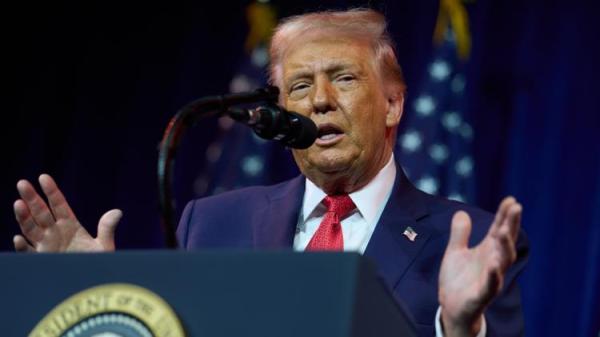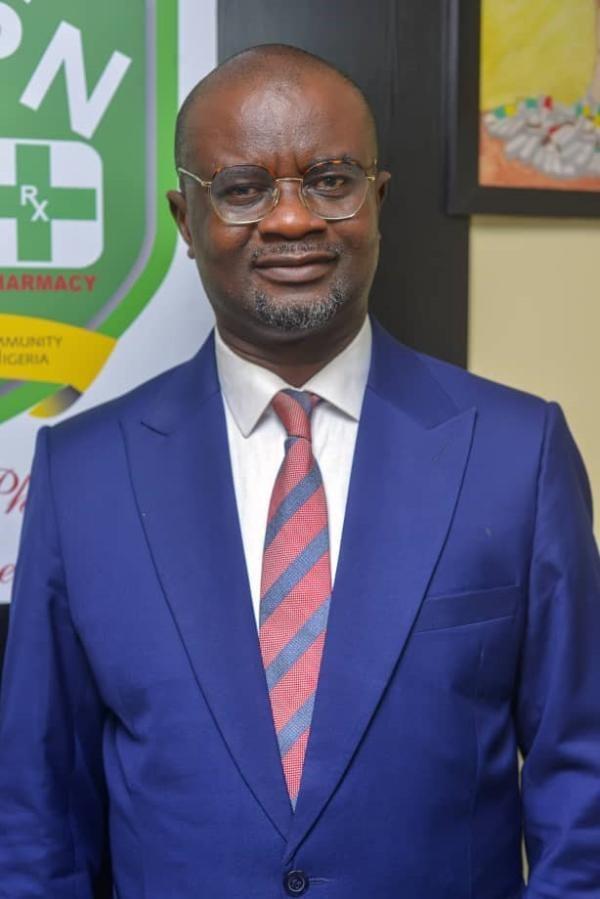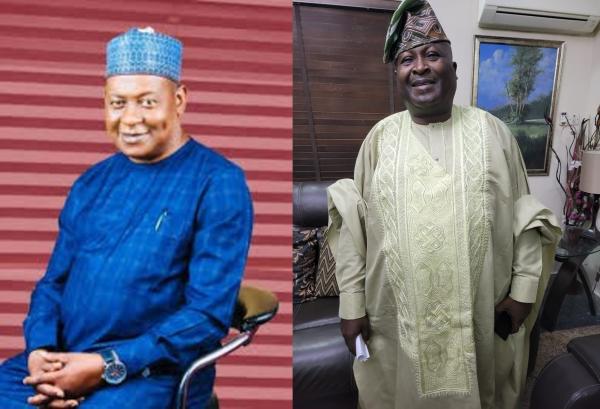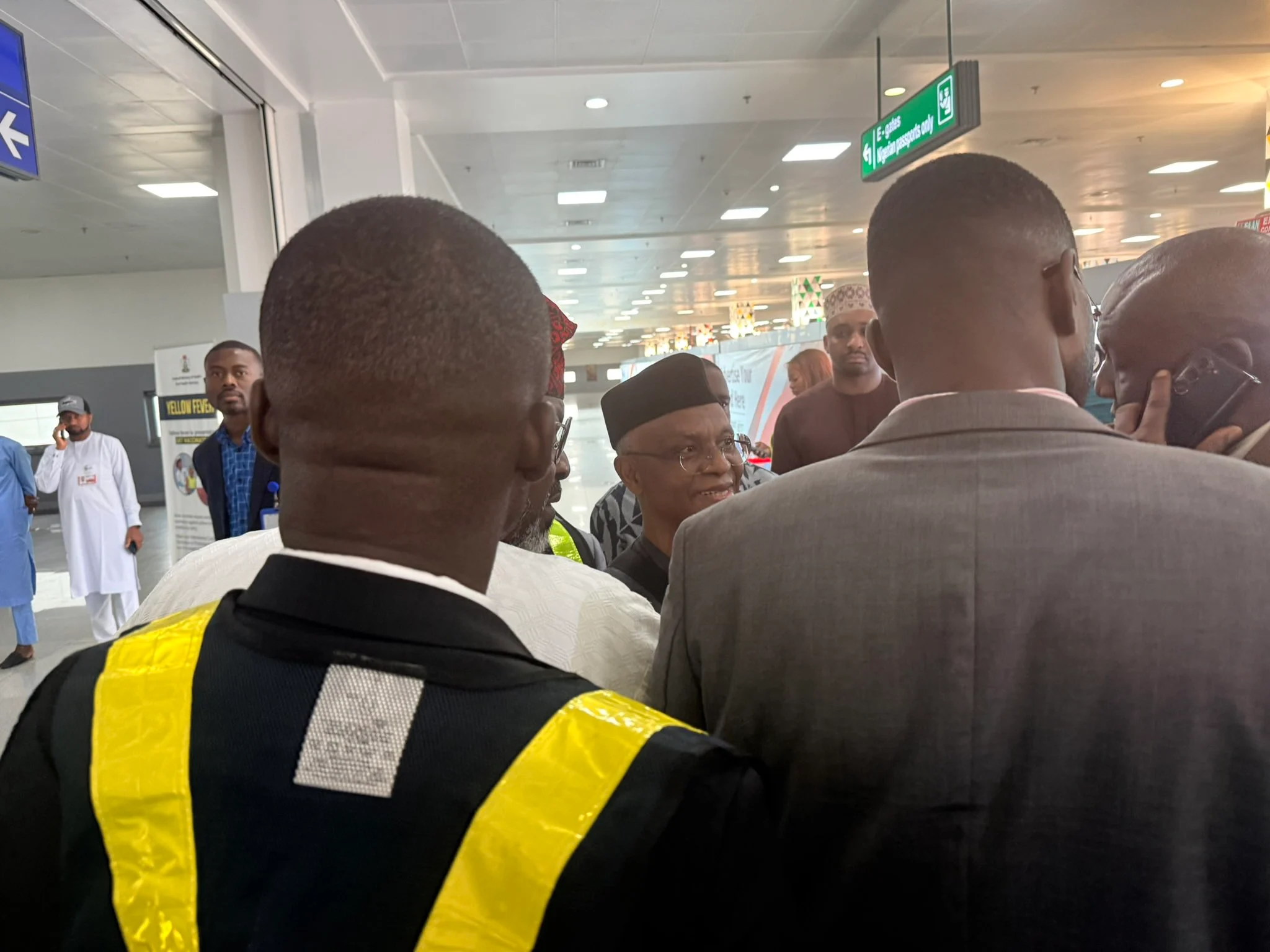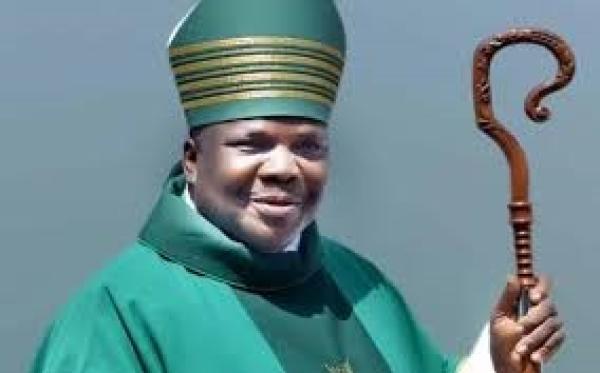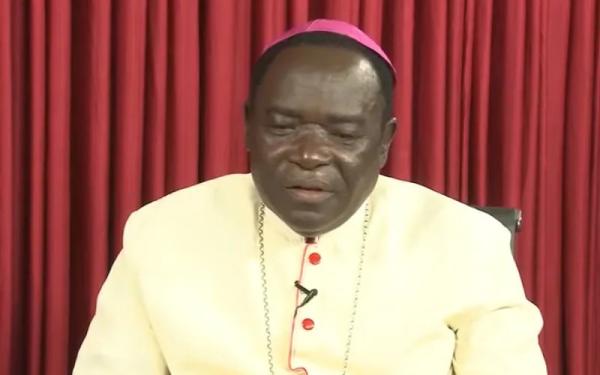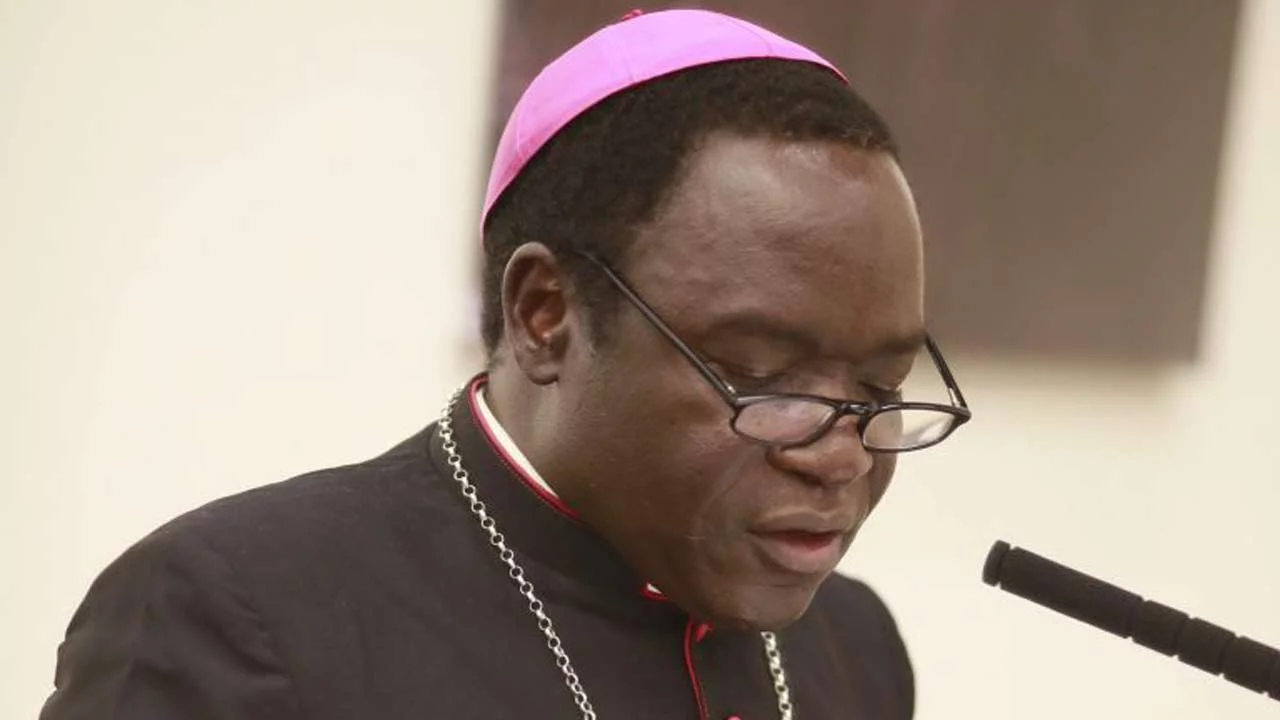
Bishop Matthew Kukah of the Roman Catholic Diocese of Sokoto has strongly condemned the ongoing persecution of Christians in Northern Nigeria, expressing deep concern over the lack of accountability for those responsible for attacks on the Christian community.
Speaking virtually at the Silver Jubilee Anniversary of the Order of the Knights of St. Mulumba Nigeria Eko Subordinate Council in Lagos, Bishop Kukah lamented that no individual has been prosecuted for the numerous incidents of violence against Christians in the region.
Kukah highlighted the troubling trend of impunity, where attacks on Christians, including the burning of churches and the destruction of Christian properties, go unpunished. He cited specific examples of violence, such as the public slaughter of a pastor in Adamawa, the killings of priests in Benue and Kaduna, and the broader climate of fear and discrimination faced by Christians in the North.
The bishop also criticized the ethnic and religious polarization that has tainted the Christian faith in Nigeria, urging for a more unified and inclusive approach to Christianity across the country. He called on Christians to rise above ethnic divisions and to see the suffering of Christians in any part of Nigeria as a shared concern.
Kukah’s remarks come in the wake of numerous incidents where Christians have been denied the right to build churches or have been subjected to violence without any legal recourse. He emphasized that the challenges facing Christians in Nigeria today require courage and resilience, invoking the concept of martyrdom as a symbol of the daily struggles faced by believers.
Despite the risks, Bishop Kukah reaffirmed his commitment to his ministry in Sokoto, underscoring his belief that the Christian mission must continue in the face of adversity.
He said;
“If you look at our country – Nigeria, the issue is that, in Northern Nigeria, Christians constitute some of the groups that you can kill without consequences. You can ask yourself has anybody ever been charged for burning churches or for destroying Christian properties. A pastor was slaughtered openly in Adamawa. People, priests were killed in Benue. Priests have been killed in Kaduna.
“It seems as if killing Christians is the only thing the world can do without consequences. That means that if you are serious as Christians, Catholics, what happens to the church in Ikwerre, what happens to the church in Sokoto, what happens to the church in Onitsha, what happens to the church everywhere in this country should affect us. Tragically, you know, Christianity has become largely subordinated to ethnicity.
“Many people today still have a caliphate mentality that those who are not part of us must be against us. And this is the fate of Christians and Christianity in many parts of Northern Nigeria today, where Christianity is being tolerated. Christians are being denied lands to build churches, and it is not seen as a problem. In a place like Kenya, I have a problem of that nature right now as we talk.
“We must preach the gospel, welcome or unwelcome. Preaching the gospel has no political and ethnic boundaries. It is not about friendship. If it is about friendship, Jesus would have said to Peter, get behind me. When we are confronted, martyrdom is not just about being killed. Because, of course, in the end, you are killed for speaking the truth. I remember in the days of Abacha, many times people used to say to me, oh Bishop, if you don’t keep quiet, you will be killed for nothing.
“I am saying so because we now need to come to terms with the essence that every day of our lives as Christians, we are challenged to martyrdom. Martyrdom because a sword is dangling before us. Martyrdom because we have a country, we have a society, we have a world that is so morally broken that every day the whole question of what is right and what is wrong has been circumscribed by the circumstances in which we find ourselves. When martyrdom comes to us, we embrace it, we are not in retreat.
“The challenge, therefore, is for us to come to terms with these realities and how they can be addressed. Here in Sokoto, for example, I have lost a seminarian, I have lost a priest, my priests have been kidnapped, not once, not twice. But my immediate reaction is that in all of this, we are only inspired. People look at me and they say to me, why are you going back to Sokoto? I remember when Deborah was killed, I was out of Sokoto. People were saying to me, how are you going back to Sokoto? When my seminarian, my priest, was kidnapped and released last month, people asked if I was still going back to Sokoto.”












